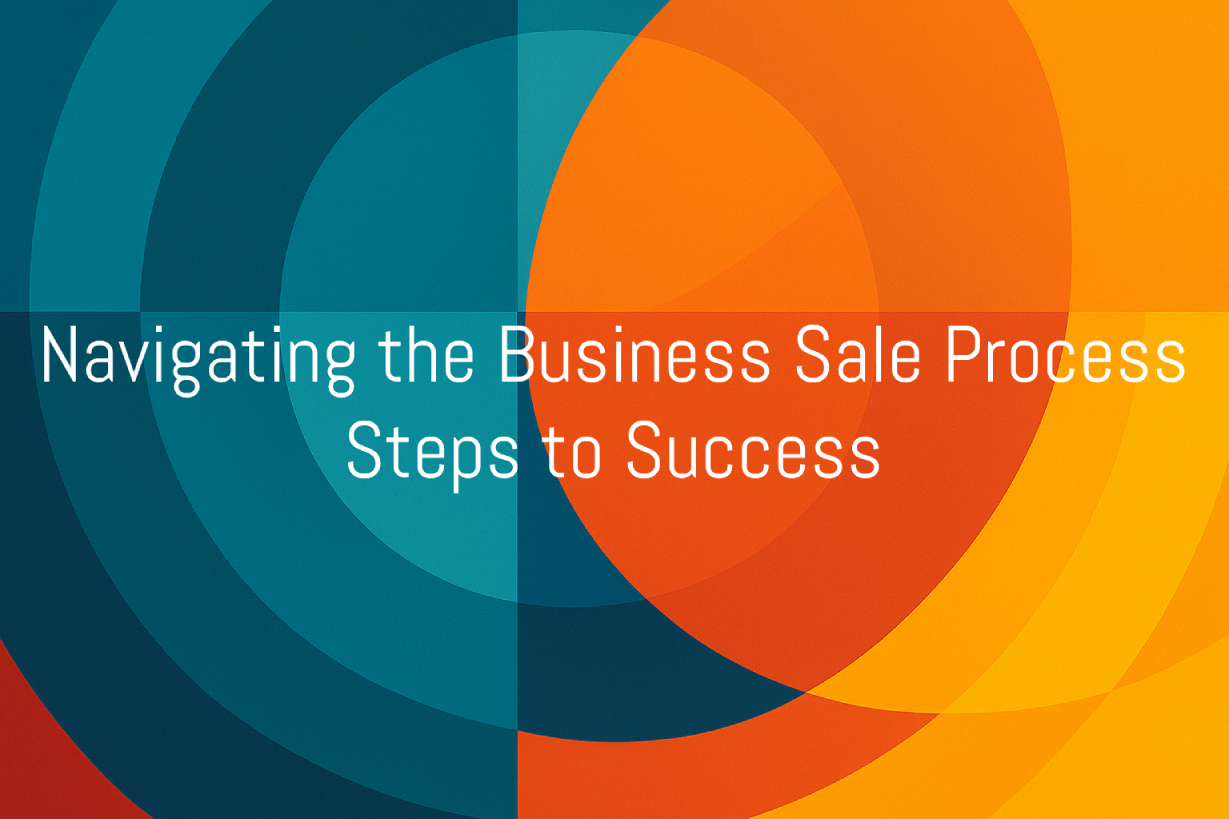Selling a business can feel like parting ways with an old friend—it’s rewarding, but it’s also packed with emotions and details that demand your full attention. Over the years, I’ve talked to several entrepreneurs who’ve gone through this, and one thing stands out: preparation is everything. Whether you’re running a family-owned bakery or a growing software firm, the process isn’t just about finding a buyer and signing papers. It’s a strategic journey that, if handled well, can lead to a smooth transition and a solid financial outcome. In this article, we’ll walk through the key steps, drawing from real experiences to keep things practical and grounded. Let’s dive in.
Contents
Getting Ready: The Foundation of a Successful Sale
Before you even think about putting your business on the market, you need to build a strong base. This starts with understanding what your business is truly worth. Valuation isn’t a guessing game; it’s a calculated assessment. You might hire a business appraiser who looks at factors like your assets, revenue streams, and market comparables. For example, if you’re in the e-commerce space, they’d compare your sales multiples to similar online stores that have sold recently.
Next, tidy up your financials as part of the process of selling a business. Buyers will want to see clean, organized records—think profit and loss statements, cash flow reports, and tax filings from the past few years. If there’s any clutter, like unexplained expenses or gaps in documentation, sort it out early. An accountant can be a lifesaver here, helping you present numbers that inspire confidence rather than raise eyebrows.
Don’t forget the legal side. Review all contracts, from vendor agreements to employee handbooks. Are your trademarks protected? Is your lease transferable? Iron out any issues, like potential liabilities or disputes, to avoid surprises later. Bringing in a business attorney at this stage can prevent costly hiccups down the line.
Marketing Your Business: Finding the Right Buyer
Once your ducks are in a row, it’s time to attract interest. This is where discretion matters— you don’t want word leaking out and unsettling your staff or customers. Many sellers turn to business brokers for this. These experts have connections and can market your business anonymously, handling initial inquiries and non-disclosure agreements. Sure, they take a cut, often around 10% of the sale price, but their expertise can speed things up and fetch a better deal.
If you’re more hands-on, consider listing on platforms like BizQuest or even reaching out directly to potential buyers. Strategic acquirers, such as competitors or companies in adjacent industries, might see unique value in what you’ve built. Networking plays a big role here; attend industry events or use LinkedIn to float subtle feelers. One seller I know connected with his buyer at a trade show—it started as a casual conversation and turned into a serious offer.
Negotiating the Deal: Balancing Give and Take
With interested parties at the table, negotiations kick off. This phase tests your patience and savvy. Buyers often start with low offers to gauge your flexibility, so arm yourself with data from your valuation to counter effectively. Discuss not just the price, but the structure: Will it be a lump-sum payment, seller financing, or an earn-out tied to future performance?
Be prepared for back-and-forth on terms like warranties, non-compete clauses, and transition support. It’s crucial to have clear goals—what’s your bottom line? What concessions are you willing to make? A good advisor team, including your lawyer and perhaps a financial planner, can help you navigate this without getting emotional.
Due Diligence: The Deep Dive
If negotiations go well, the buyer will conduct due diligence—a thorough review of your operations. This can feel intrusive, as they’ll examine everything from customer contracts to inventory logs. Set up a secure data room to share documents efficiently, and be transparent to build trust.
Expect this to take time, sometimes weeks or months, depending on your business’s complexity. Issues might crop up, like outdated compliance certifications, but addressing them head-on can keep the deal on track. Remember, this is also your chance to verify the buyer’s credibility—after all, you want someone who’ll honor the legacy you’ve created.
Closing the Sale: Sealing the Deal
Finally, you reach closing day. This involves signing the purchase agreement, transferring ownership, and handling payments. Make sure all regulatory requirements are met, such as notifying creditors or filing with state agencies. Taxes are a major consideration here; consult a tax expert to minimize your capital gains hit.
Post-closing, you might stick around for a handover period, training the new owner or consulting on operations. This smooths the transition and can even come with extra compensation.
Beyond the Sale: Planning Your Next Move
Selling isn’t the end—it’s a new beginning. Think about life after: Will you retire, launch another venture, or invest elsewhere? Factor in the emotional side, too. Ensure your employees are taken care of, perhaps by negotiating retention bonuses in the deal.
Timing the market is key; sell when conditions are favorable, like during economic upswings or industry booms. And always learn from others—books, podcasts, or seller communities can offer invaluable insights.
In wrapping up, selling a business is as much an art as a science. It requires diligence, the right team, and a bit of resilience. Approach it thoughtfully, and you’ll not only secure a fair price but also close a chapter on a high note. If you’re on the fence, start with a self-assessment today—it could be the first step toward your next big adventure.


